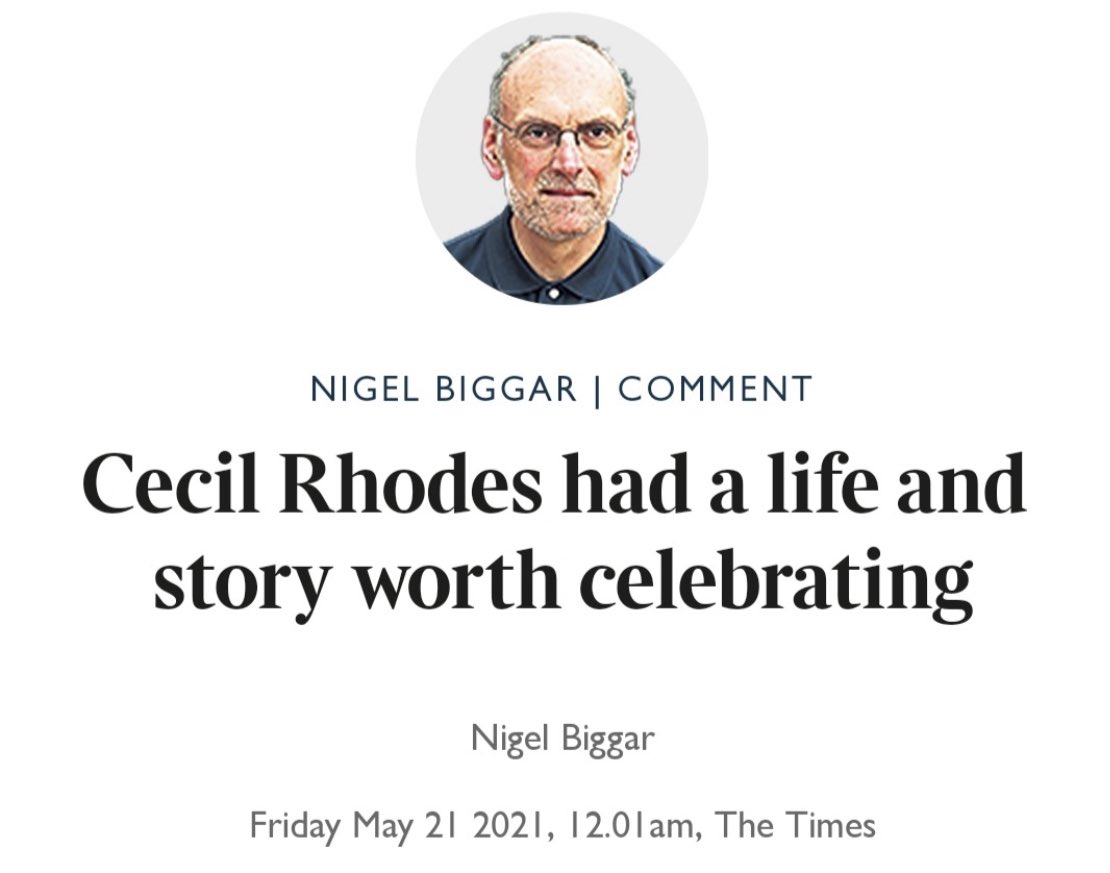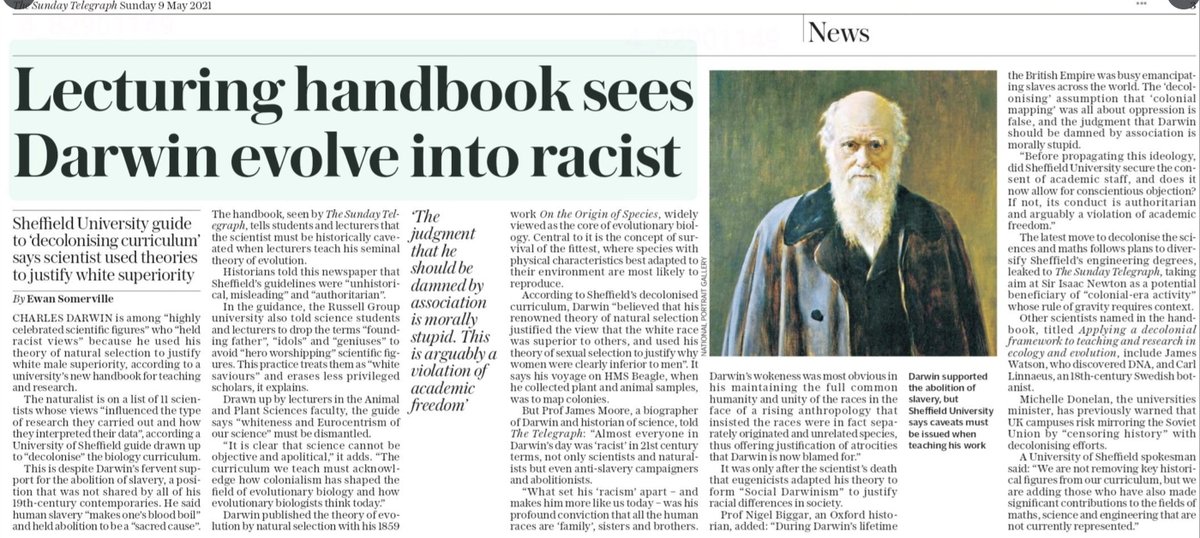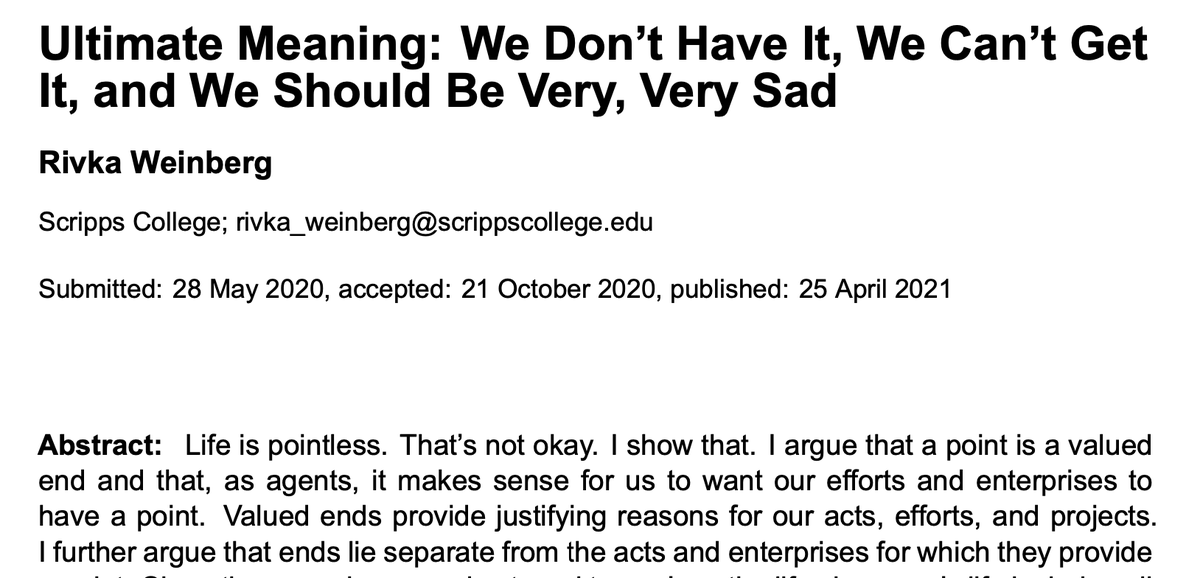
New paper klaxon! @JenniferRaff @ewanbirney @aylwyn_scally @minouye271 and I have been working on this a while: sparking a conversation about the lexicon of genetics, which continues to utilise scientifically redundant, confusing and racist terminology.
arxiv.org/abs/2106.10041
arxiv.org/abs/2106.10041
We’re definitely not prescribing or policing language, but want to prompt a dialogue with colleagues in similar and adjacent fields about our terminology m, datasets and tools, and move towards a lexicon that both serves the science and frees us from a racist past. 

This is to be a conversation, so please please please let us know what you think. This is a preprint, it is also in with a journal, but this is a community effort to move genetics forward. 🧬
Big thanks to @EimearEKenny @tuuliel @cschlebu @Anthrofuentes who helped a lot in the writing. Please get involved!
@EimearEKenny @tuuliel @cschlebu @Anthrofuentes Note: * All authors have contributed equally and are presented alphabetically, their order being entirely arbitrary.
• • •
Missing some Tweet in this thread? You can try to
force a refresh







